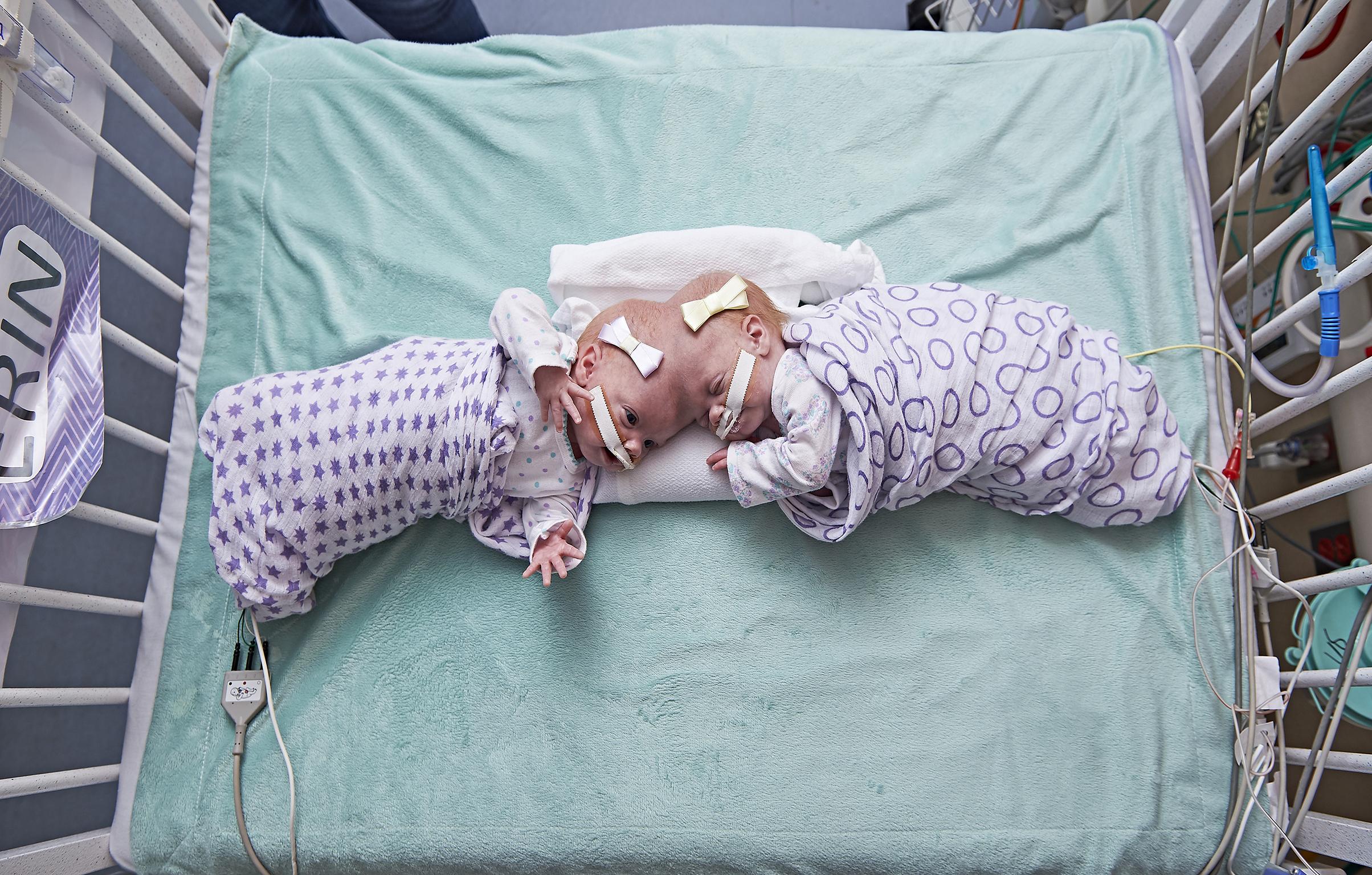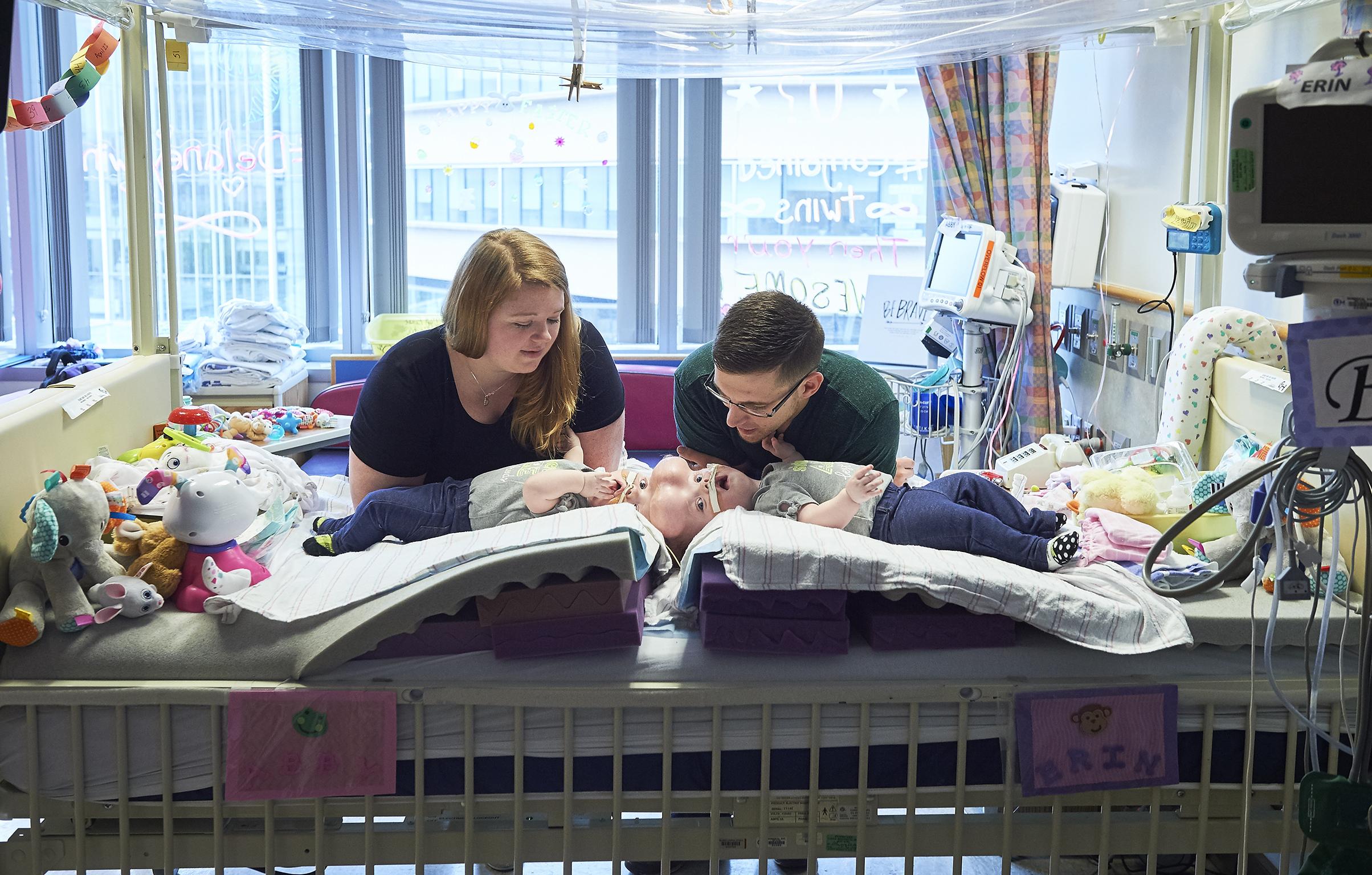Twin girls conjoined at the head successfully separated by 30-strong surgical team
It took 11 hours to separate the ten-month old girls, conjoined in the rarest possible way

Your support helps us to tell the story
From reproductive rights to climate change to Big Tech, The Independent is on the ground when the story is developing. Whether it's investigating the financials of Elon Musk's pro-Trump PAC or producing our latest documentary, 'The A Word', which shines a light on the American women fighting for reproductive rights, we know how important it is to parse out the facts from the messaging.
At such a critical moment in US history, we need reporters on the ground. Your donation allows us to keep sending journalists to speak to both sides of the story.
The Independent is trusted by Americans across the entire political spectrum. And unlike many other quality news outlets, we choose not to lock Americans out of our reporting and analysis with paywalls. We believe quality journalism should be available to everyone, paid for by those who can afford it.
Your support makes all the difference.Twin girls conjoined at the head have been successfully separated by a 30-strong team at a children’s hospital in Pennsylvania.
Erin and Abby Delaney’s shared blood vessels and the protective membrane around their brains had to be carefully teased apart during the 11-hour surgery.
The surgeons then split into two groups to perform reconstruction on each girl.
Surgery equipment such as monitors and tape was marked with green or purple tape to differentiate each girl.
The 10-month-old twins from North Carolina are currently recovering in intensive care, and have been placed in separate beds for the first time in their lives.
They were delivered prematurely by Caesarean section last July.
Their parents sought specialist pre-natal care after they found out they were expecting conjoined twins 11 weeks into mother Heather’s pregnancy.
The Children’s Hospital of Philadelphia said its surgeons had separated conjoined twins 23 times over the past 60 years, but this was the first time children joined by the top of their heads had been involved.
The condition, called craniopagus, is the least common type of conjoining.

The team performing the separation surgery on June 7 included physicians, nurses and specialists in neurosurgery, plastic and reconstructive surgery, and anesthesiology.
"Separating conjoined twins is a very complex surgery followed by a long and complicated recovery, but we are very hopeful for a positive outcome," said Dr Jesse Taylor, the plastic surgeon who helped lead the team.
Join our commenting forum
Join thought-provoking conversations, follow other Independent readers and see their replies
Comments